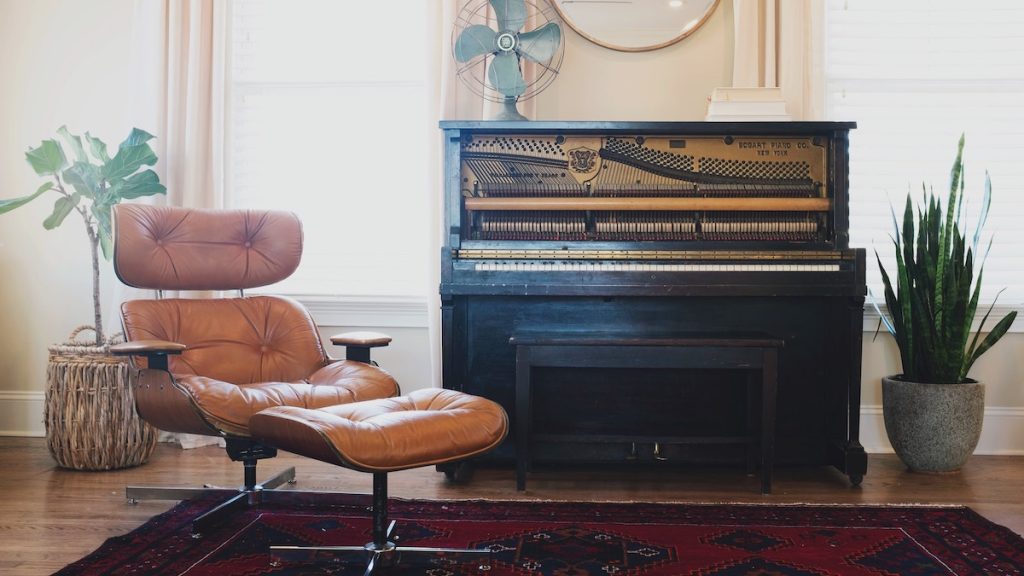What is music therapy and where to find it in San Diego?

Many people find music deeply healing, which is one of the reasons why music therapy is such an effective tool for therapists. Here’s what you need to know about music therapy in San Diego.
Although the practice of music therapy can differ by provider or context, there are some general elements in common across all music therapy disciplines.
If you think you can benefit from music therapy, the first step is to understand what music therapy is and where to find a licensed provider. Here’s everything you need to know about music therapy in San Diego.
What is music therapy?
Put simply, music therapy is the strategic and therapeutic use of music interventions to accomplish goals that further a person’s mental health.
In other words, music therapy is a therapeutic tool that involves music. As you’ll find, this isn’t just the same as playing relaxing or calming music. Although that can be therapeutic for everyone, music therapy is much more clinical in its scope.
There are many different forms of music therapy, too. One session may involve a patient actually making music or singing for therapeutic purposes. Other types of sessions could involve a therapist created a curated playlist of music for a patient to listen to.
The only common thread across all forms of music therapy is the fact that they all involve music in some form.
Types of music therapy
As mentioned in the last section, there are many types of music therapy in San Diego and beyond. They generally fall into two camps: active interventions and receptive interventions.
In an active intervention therapy session, a patient will actually create music themselves. This can involve playing an instrument or singing.
By contrast, receptive interventions involve a patient listening to music. This can look different depending on context and therapist, but may involve:
- Listening to music that a music therapist has composed and performed.
- Listening to a curated playlist of music that your music therapist put together.
- Moving or dancing to a curated playlist of music.
- Actively listening to music being played live by music therapists.
- Discussing the content of a song — such as its lyrics — with a licensed music therapist.
Is music therapy just listening to music?
In a way, yes. Music therapy generally involves listening to or creating music. However, true music therapy is a more complicated procedure practiced by licensed mental health professionals — so you won’t find actual music therapy somewhere like the La Jolla Music Society.
A music therapist will actually sit down and discuss your needs, experiences, and musical preferences. From there, they will use their training to actually put together a well-designed music therapy session.
Of course, music therapists will also track your recovery or progress along the way. They may also work with your other care providers.
Music therapists aren’t just random musicians, either. A music therapist must have a bachelor’s degree or higher in music therapy — including up to 1,200 hours of training in a clinical setting.
What are the benefits of music therapy?
There are many different benefits to music therapy. To start, listening to music is often a relaxing and enjoyable activity for everybody. Listening to music can reduce heart rate, increase serotonin levels, lower blood pressure, and reduce the amount of cortisol — or the stress hormone — in the blood.
When it comes to music therapy specifically, the American Music Therapy Association lists the following benefits of a music therapy session with a licensed therapist.
- Promote Wellness
- Manage Stress
- Alleviate Pain
- Express Feelings
- Enhance Memory
- Improve Communication
- Promote Physical Rehabilitation
- and more
Who can benefit from music therapy?
Pretty much anyone can benefit from music therapy — especially those living with physical health conditions or mental health issues. There’s no age range for music therapy either. Music therapy can positively affect everyone from children to seniors.
Music therapy can help manage a wide range of different conditions, including the following:
- Anxiety disorders
- Autism spectrum disorder
- Cancer
- Dementia
- Developmental disabilities
- Learning disabilities
- Mood disorders
- Pain (acute and chronic)
- Parkinson’s disease
- Stroke
- Substance use disorders
- Traumatic brain injuries
Where to find music therapy in San Diego?
You’ll find music therapy in San Diego in a variety of places. For example, music therapy sessions are often performed bedside in hospitals to help those recovering.
Music therapists may also work in community mental health centers, drug and alcohol programs, senior centers, nursing homes, hospice programs, correctional facilities, schools, and mental health housing in San Diego.
There are plenty of places to find music therapy in America’s Finest City — just make sure that you’re working with a licensed and trained professional before booking that session!





